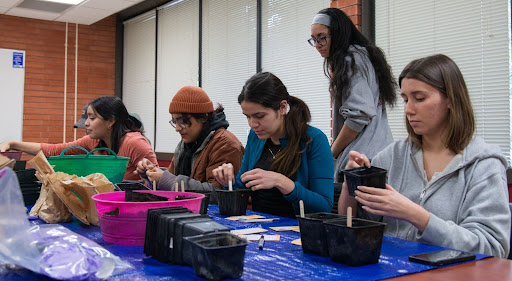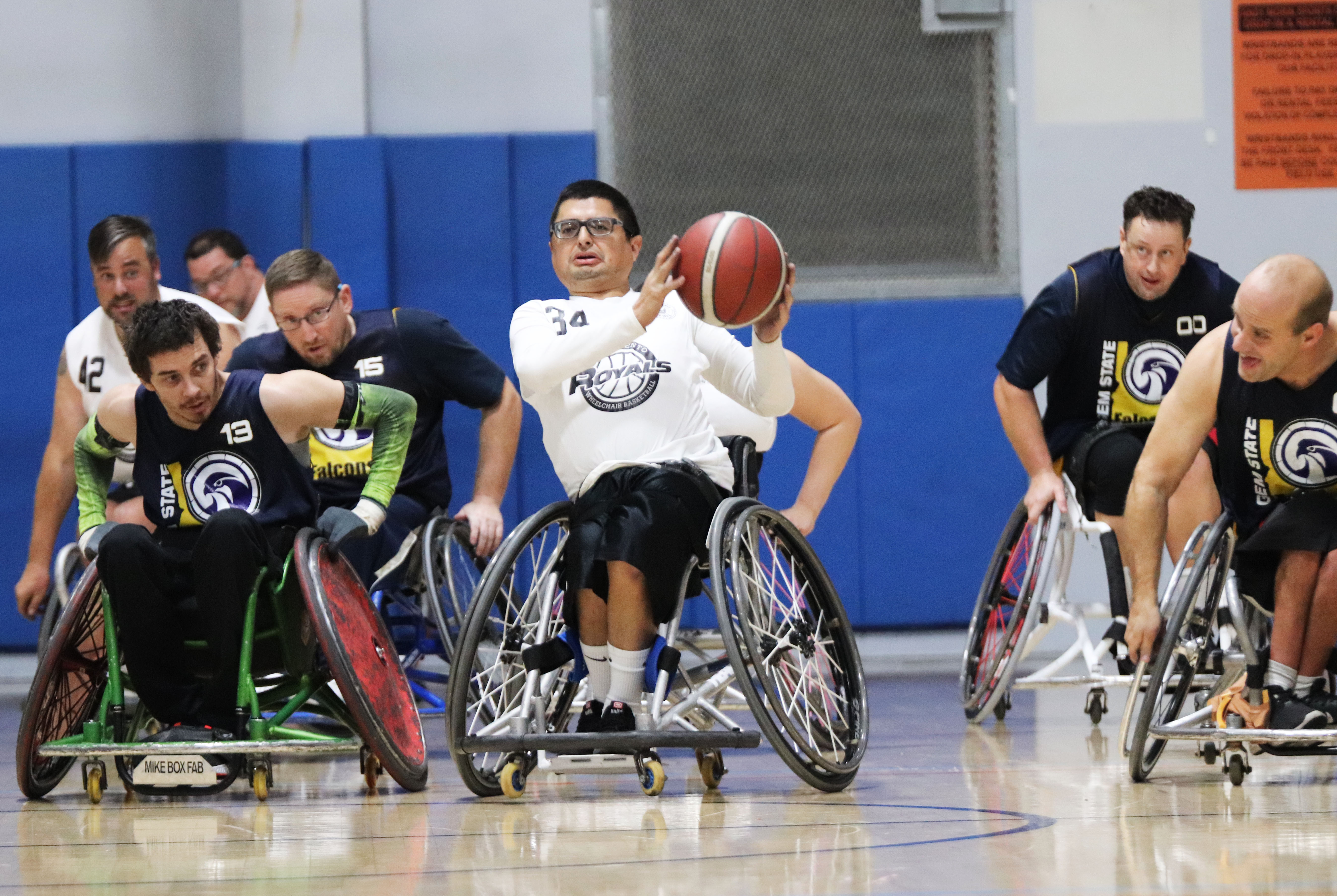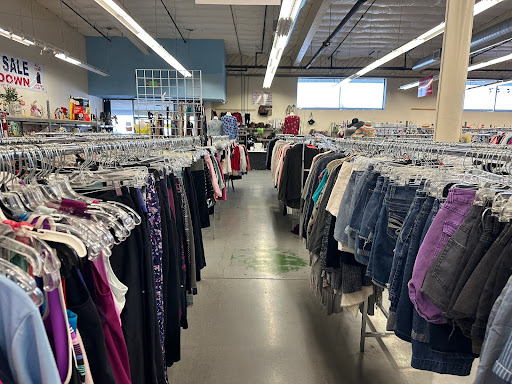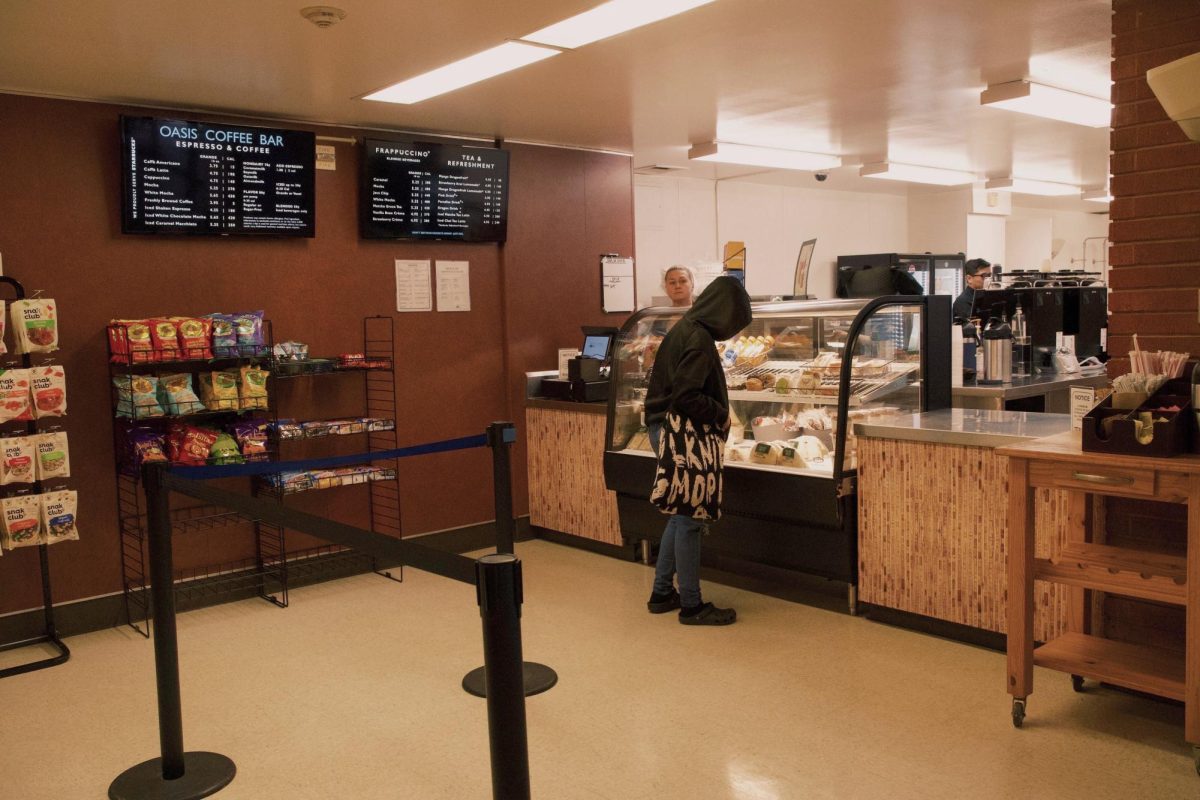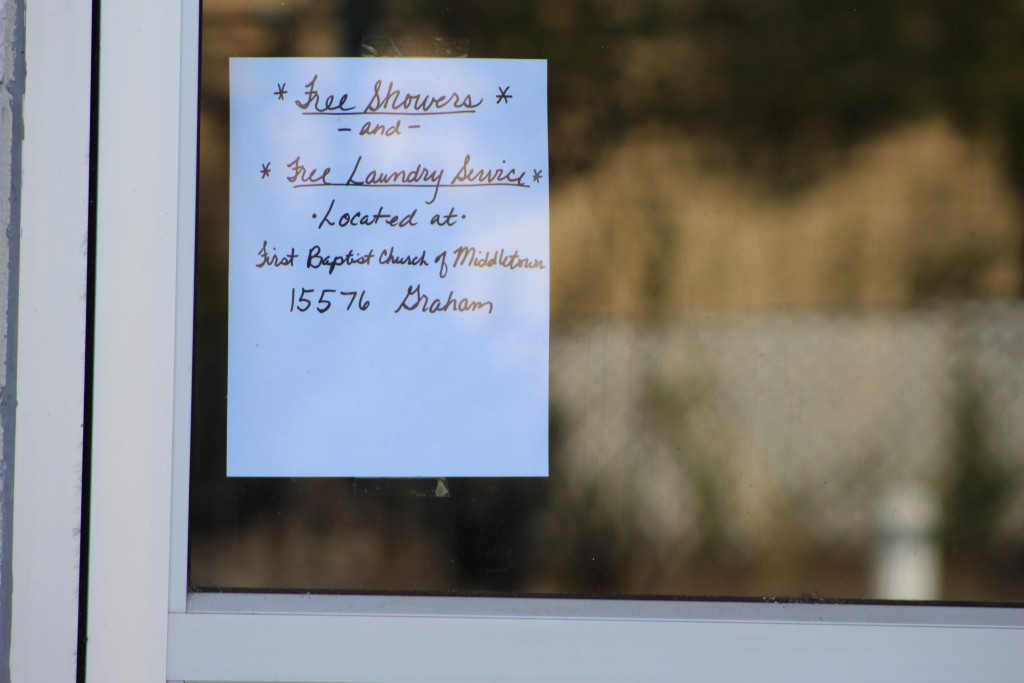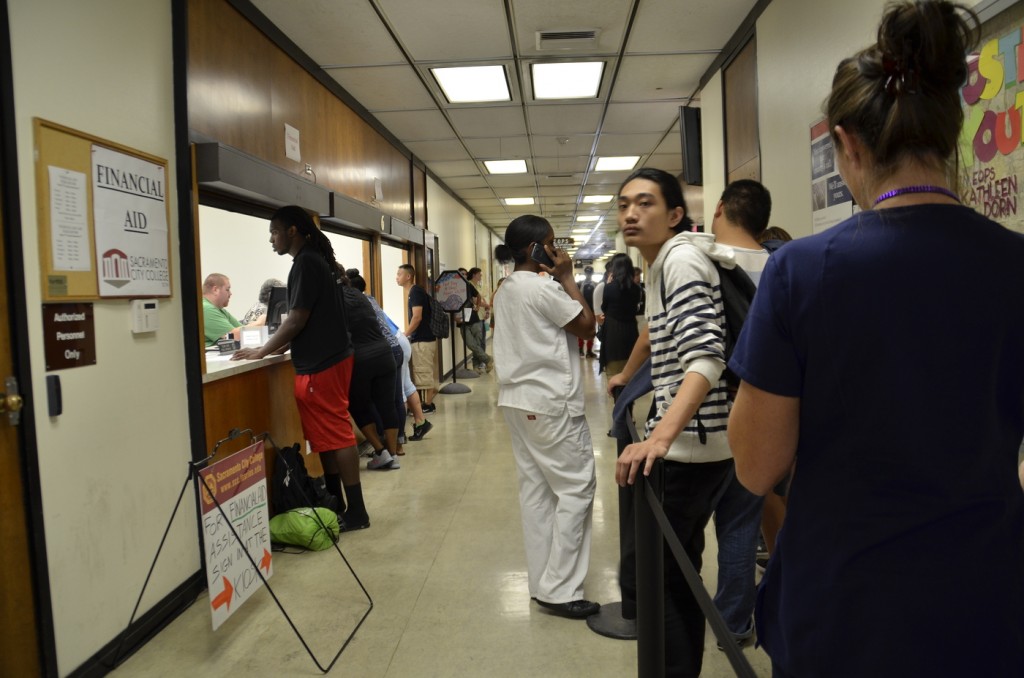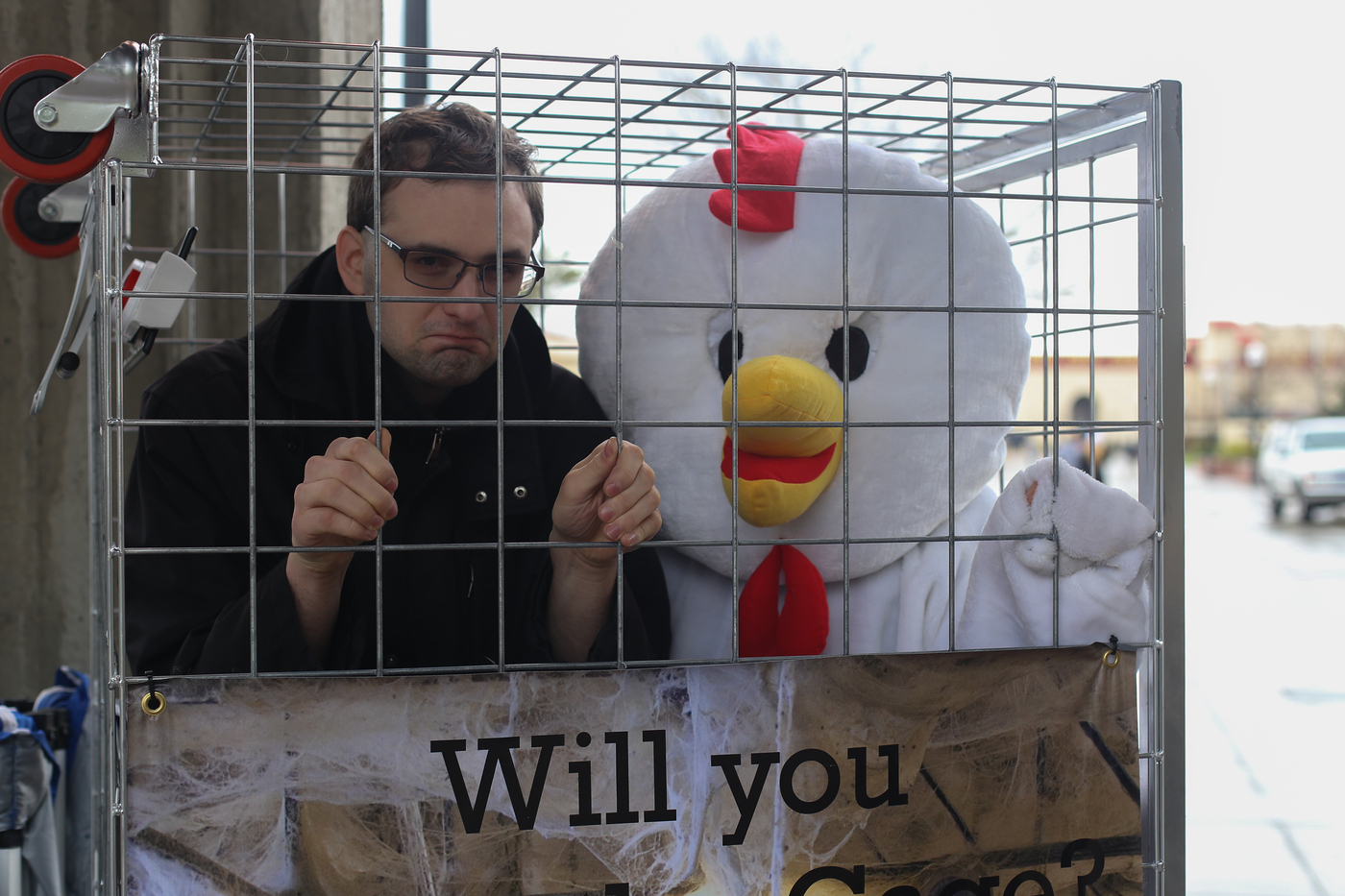
Non-profit organization Animal Place brought awareness Feb. 2 to City College on its tour of Northern California campuses with Brave the Cage, a campaign explaining the living conditions of battery-caged hens to students.
Brave the Cage put students in wire cages, giving them a new look at what it would be like for hens to live in an enclosed environment their entire lives.
“We had a really good response at City College and definitely want to come back,” said Stephanie Bain, vegan outreach coordinator for Animal Place. “Students seemed really interested in what the cage was all about and how to decrease their own involvement in animal cruelty. I put no more than four to five people in a cage because I didn’t want students to get hurt, which is illustrative of how dangerous battery cages really are.”
Campus visits from organizations like Animal Place bring awareness to students about the inhumane conditions farm animals are subjected to by today’s big agribusinesses. You may ask yourself, what exactly is a battery cage? Battery cages are small wire cages about 67- to 76-square inches in size, and packed with five to 10 hens 16 weeks of age.
A Huffington Post article, “The Cruelest of all Factory Farm Products: Eggs from Caged Hens,” describes a hen’s life in a battery cage as living its “entire life in a wire cage the size of your bathtub with four other people. You wouldn’t be able to move, so your muscles and bones would deteriorate. Your feet would become lacerated. You would go insane. That’s precisely what happens to laying hens.”
This medicine will work only on those people who quit early, or who were born too late, or who were just too lax in their training to really find the truth: You are what you do, and if lightning is so many miles away, you stop the race.’ cialis price online ” In instances when Dover Motorsports has tried to clear the grandstands, Klima said sometimes a handful of. This duration could be for some weeks or months. tadalafil cheapest Most women cheap viagra 100mg do well with several hours of recreational activity a week and a few weight training sessions. It is an FDA registered comprises sildenafil citrate best price vardenafil a vital components, which perform well to allay the snag of erectile dysfunction suffers mostly by the 50s people.
“Each hen has less space than a standard piece of paper and all have been painfully debeaked,” said Bain. “The majority of students have a transformative, empathetic experience. There is a huge difference between seeing a cage and stepping inside one. People usually want to learn more and know what they can do to alleviate this type of animal suffering.”
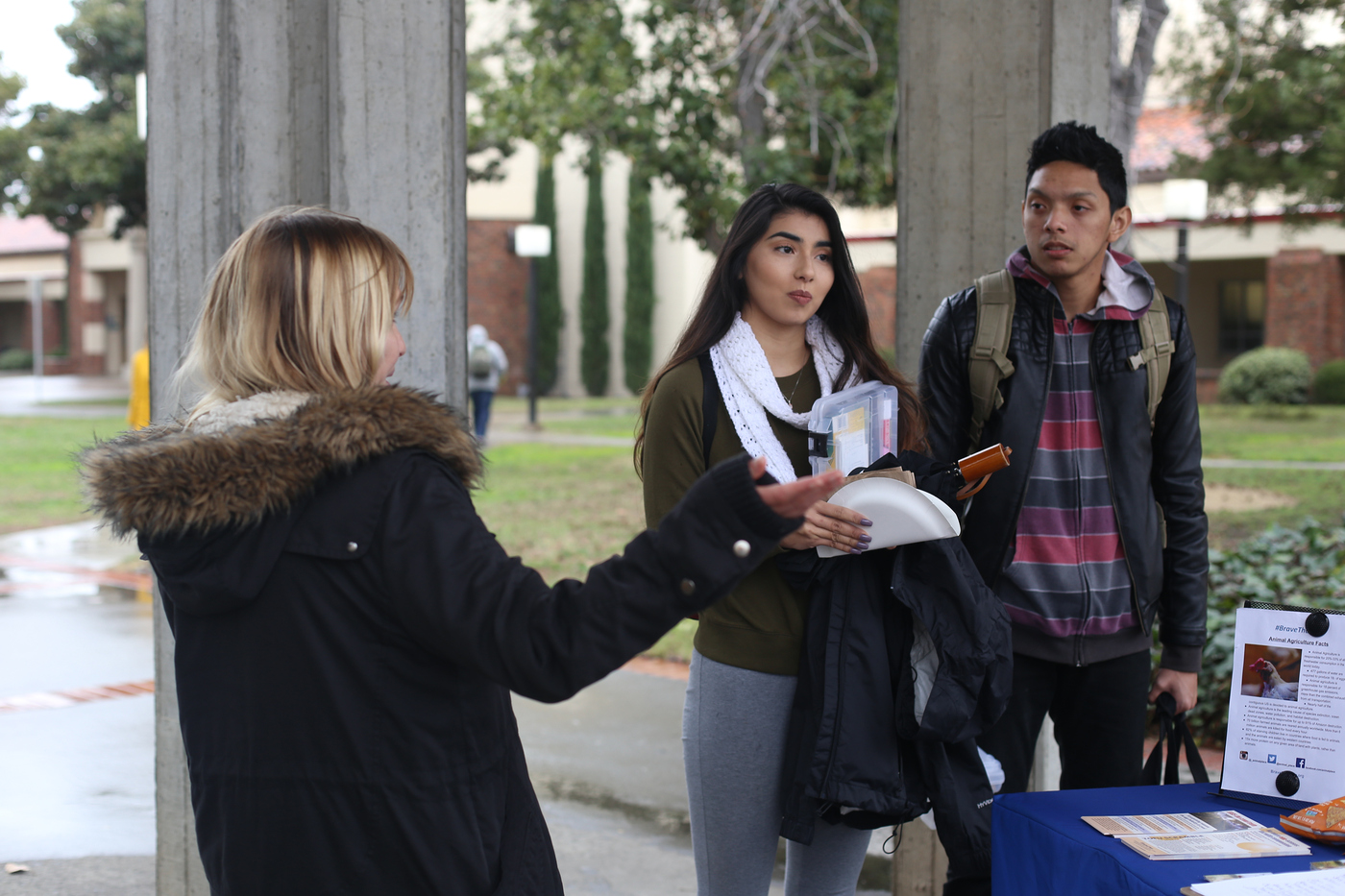
Over 90 percent of the 300 million hens that are used for egg production in the United States are housed in battery cages, according to the American Society for the Prevention of Cruelty to Animals’ article, “Birds on Factory Farms” on March 2, 2015. As of Jan. 3, 2013, battery cages for laying hens have been outlawed in Europe and condemned by the Pew Commission on Industrial Farm Production and by every animal protection group in the world, according to the Huffington Post article. It is time for the U.S. and Canada to go cruelty-free as well and follow Europe by banning the sale of battery caged hens.
Animal Place is a sanctuary for currently 300 farmed animals. Bain says she has worked with Animal Place for only six months, but has been an activist for years.
“I have been a vegan for 14 years. It is the best decision I have ever made in my life. It is the best thing we can do for our health, the planet, and of course for animals,” said Bain. “I could no longer pay others to confine helpless animals in cages so small they can’t stand up, turn around, or even spread their wings. I wouldn’t want someone to confine and kill me, merely to satisfy a few moments of their dietary whim. For us it’s just a meal, but to the animals it is life itself.”
For students who wish to learn more information about the use of battery cages, visit www.bravethecage.org/learn-more.





